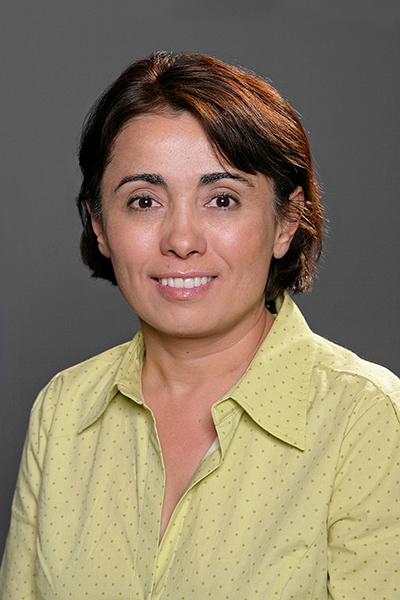UTEP Professor Awarded $36K to Improve Linear Algebra Cognition
Last Updated on August 26, 2019 at 12:00 AM
Originally published August 26, 2019
By UC Staff
UTEP Communications
A professor in The University of Texas at El Paso’s Department of Mathematics has been awarded a $36,000 grant from ConTex to improve the knowledge and understanding of linear algebra.

ConTex is a joint initiative of The University of Texas System and Mexico’s National Council of Science and Technology (CONACYT). Established in 2016, ConTex supports bi-national efforts to enhance academic and research collaborations between Texas and Mexico.
Hamide Dogan Dunlap, Ph.D., associate professor of mathematics, received the grant to investigate transitional points occurring in the cognition of linear algebra topics, from the perspective of a theory dubbed Action, Process, Object and Schema (APOS). APOS theory provides a model of cognitive steps in the development of ideas.
Dogan’s research focuses on linear algebra and its applications, both in content and cognition. She is collaborating on this project with Asuman Oktac, Ph.D., full research professor at the Center for Research and Advanced Studies of the National Polytechnic Institute (CINVESTAV) in Mexico City. One undergraduate and one graduate student will be appointed as research assistants at UTEP, along with a couple of doctoral students at CINVESTAV.
Linear algebra has been at the center of recent advancements in computational sciences and STEM fields, Dogan said. She hopes her findings will have a successful impact in these realms in the future.
“Research findings will be made available to both researchers and educators of linear algebra to support future activities such as the development of new research tools and of instructional modalities toward the improvement of linear algebra cognition,” Dogan said. “We believe that improving linear algebra cognition through the identification of transitional points will result in the revision and improvement of instructional modalities, which, in turn, may lead to new and more effective approaches. Ultimately, we expect our work to translate into increased success in computational and STEM fields.”